595 tulosta löytyi
Skip results of view Uutiset
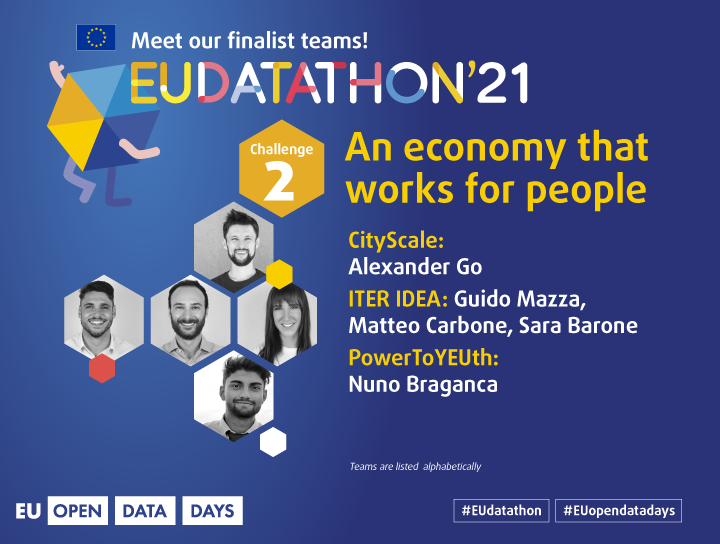
EU Datathon is an annual competition organised by the Publications Office of the EU. It invites people from all around the world to build applications based on EU open data. This year nine teams have been shortlisted to compete in the finals. In a previous news piece, we introduced the challenge 1 teams, here we present the three finalist teams for challenge 2: An economy that works for people. Individuals and businesses in the EU can only thrive if the economy works for them. The applications for this challenge all push European economies to grow, whilst reducing poverty and inequality. Meet

On the first of July, Europe introduced the EU Digital COVID Certificate Regulation. As an EU resident, you can now use this certificate to travel across Europe and show that you either have been vaccinated, received a negative test result, or recovered from COVID-19. National authorities issue the certificates and have also started collecting data on the traffic volumes of the certificates. Those volumes indicate how many people have travelled using these certificates. These data are extracted from the backends of national health systems of the Member States that are part of the European
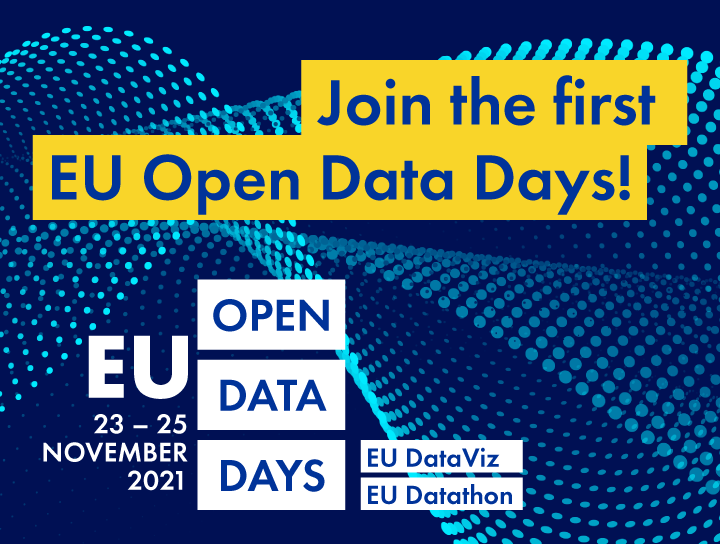
The first ever EU Open Data Days, launched in March 2021, are gathering steam. This unique event will take place online from 23 to 25 November and is now open for registration of participants. The EU Open Data Days are free and open for everyone to attend. Setting out with the aim of ‘shaping our digital future with open data’, the EU Open Data Days will highlight the benefits of open data, its visualisation and its reuse for the EU public sector, citizens, and businesses. The event’s rich programme is designed to benefit a broad audience, including experts, open data enthusiasts and the
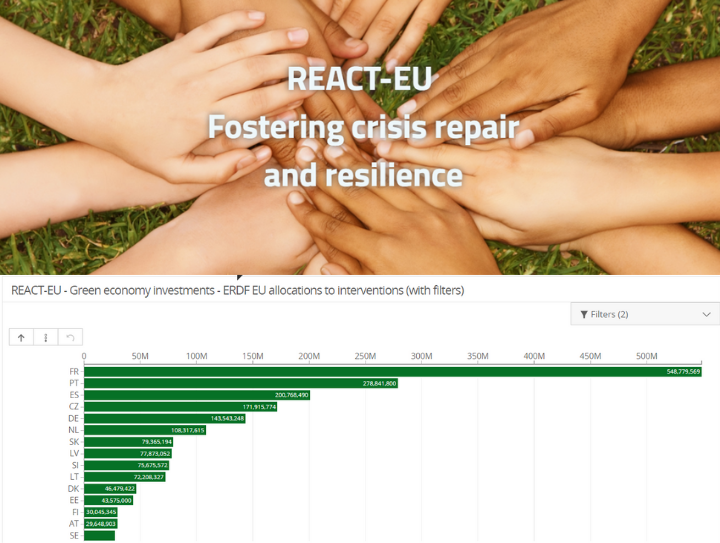
Europe is dedicated to rebuild together from the COVID-19 crisis. To support the recovery and facilitate a green and digital transition of the economy, the EU allocates €50.6 billion. You can discover how these funds are allocated in this interactive dashboard. It shows the current allocated funding amounts per country in 2021, and in the future. Created with open data, the dashboard allows you to filter on Member States or the type of EU fund. Apart from monitoring how funds are allocated, you can also track the planned investments for a green and digital economy by searching for keywords
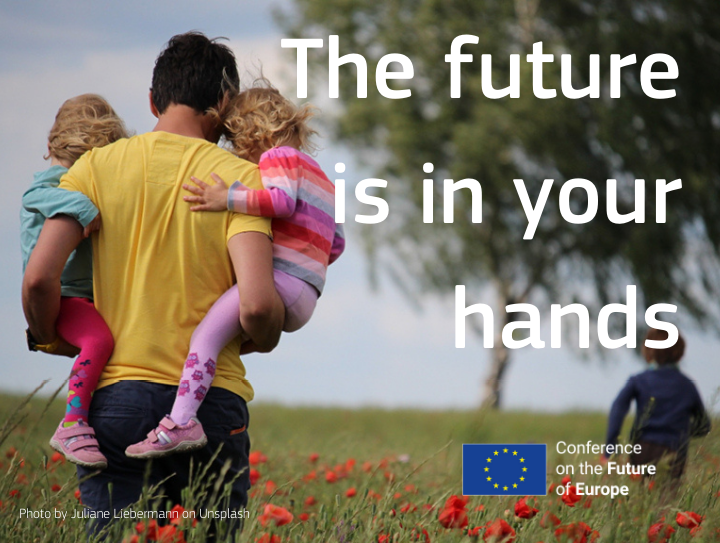
Have your voice heard and participate in the Conference on the Future of Europe! Launched by the European Parliament, the European Council, and the European Commission, this is a unique opportunity for you as a citizen, to discuss what Europe’s challenges and priorities should be. What is it about? It is the citizen-led series of debates and discussions that will enable people from across Europe to share their ideas and help shape our common future. You can attend an event near you, share your ideas and organise an event yourself, under the scope of the Conference. It is your opportunity to

Data from the European Commission's Directorate-General for Economic and Financial Affairs shows promising results for the European economy. Despite the pandemic, the economy is forecast to recover faster than expected. In both the EU and euro area, GDP is expected to grow by 4.8 % in 2021 and 4.5 % in 2022. Some Member States may already see their economic output return to pre-pandemic levels by the end of the year, though the trend is Europe-wide. This is likely the result of declining numbers of infections as well as hospitalisations and progress in vaccination, which led multiple EU Member
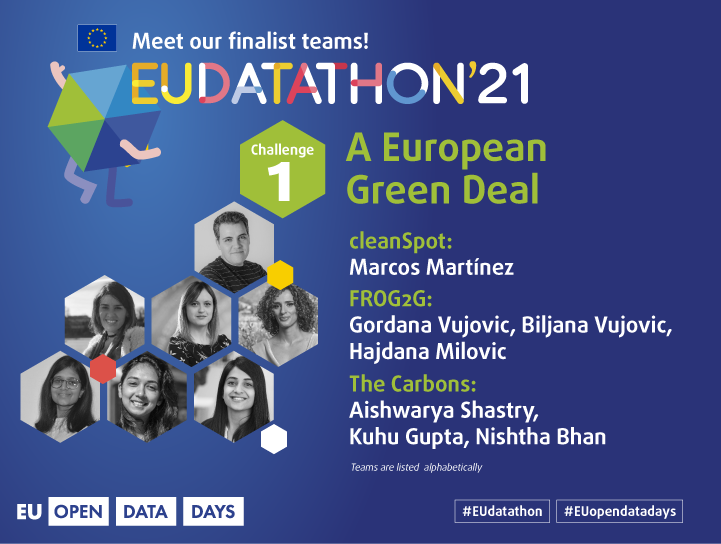
EU Datathon is an annual competition organised by the Publications Office of the EU. It invites people from all around the world to build applications based on EU open data. This year nine teams have been shortlisted to compete in the finals. Meet the three finalist teams for challenge 1 of the EU Datathon 2021: A European Green Deal. Originally from Spain, Montenegro and India, these open data initiatives support Europe’s ambition of becoming the first climate-neutral continent. cleanSpot – “ Boost recycling because there is no planet B” The cleanSpot application provides information and
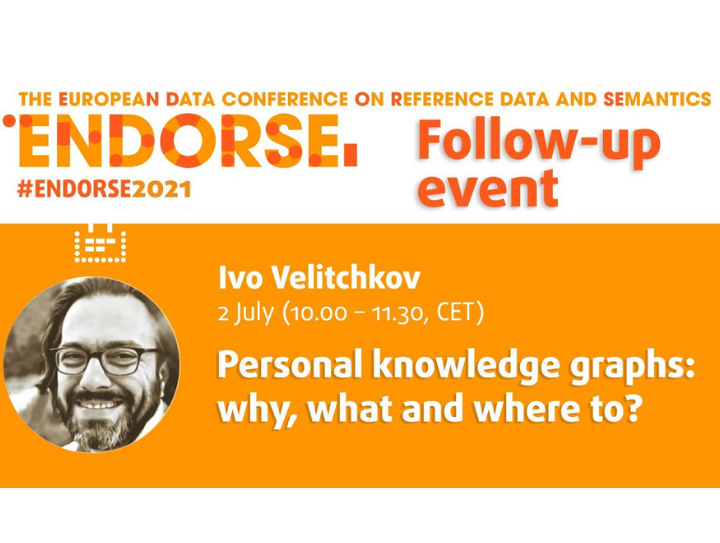
In March this year, the ENDORSE conference took place, three days packed with presentations and round table discussions around reference data and semantics in the European context. As a follow-up to this event, the Publications Office of the European Union launched a series of webinars. The first of this series focused on the topic of Personal Knowledge Management (PKM) and featured Ivo Velitchkov, data management consultant and linked data expert for the European Commission. PKM refers to a conceptual framework for organising and integrating important information that we encounter, and it has
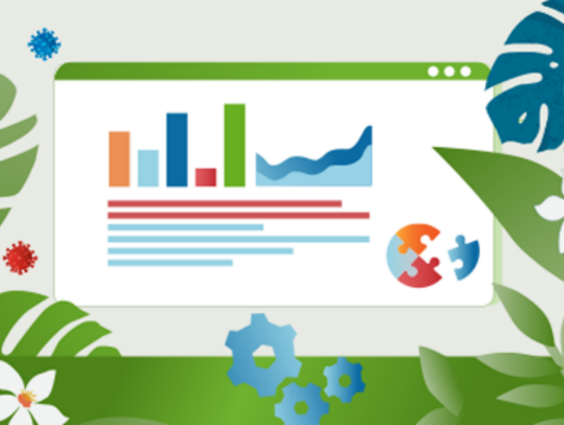
In June this year, the European Centre for Disease Prevention and Control (ECDC) launched EpiPulse, the European surveillance portal for infectious diseases. Appointed experts from countries that collaborate with the ECDC, ECDC staff, and representatives of European authorities and international organisations provide data to the portal. The platform combines data from various surveillance systems such as the European Surveillance System (TESSy), the five Epidemic Intelligence Information System (EPIS) platforms and the Threat Tracking Tool (TTT). By integrating data from these systems, the
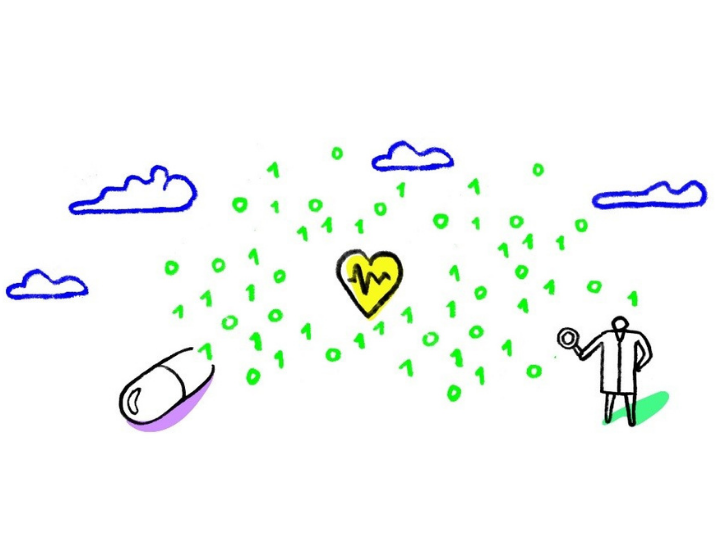
To support and advance medical research, Fundación 29 and LaLiga, in collaboration with Microsoft, have published several open datasets including anonymised results of polymerase chain reaction (PCR) and antibody tests of the players and staff of LaLiga clubs, the professional football division of the Spanish league. By publishing these data, LaLiga aims to improve prevention mechanisms in a medical challenge such as the COVID-19 pandemic. In such a situation it is vital that organisations collaborate to collect data and make it available to the community. The dataset can be used for research
